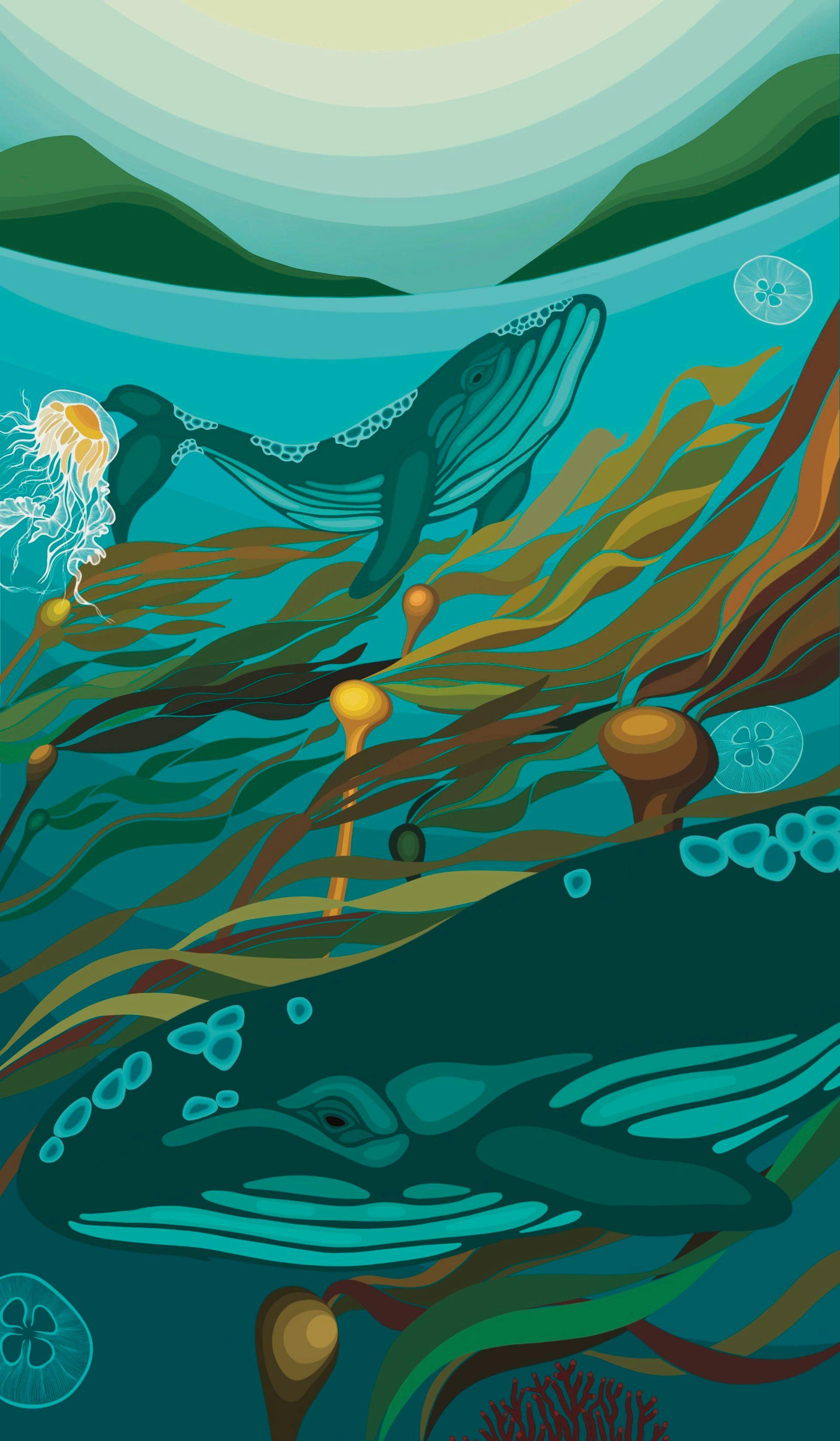Métis

The Métis are a distinct people, and it can be complicated to define Métis Identity. “Being Métis” is as unique as each individual human. We share European and Indigenous Ancestry. We lived off of the land and travelled all over the continent of “North America” acting as guides, interpreters, trappers and entrepreneurs. We are hunters, gatherers, artists, musicians, dancers, and most of all, family. In other words, there are many ways to be Métis.
RECOGNIZED INDIGENOUS PEOPLES OF CANADA
The Métis are one of the three recognized groups of Indigenous People in Canada. These groups are First Nations, Inuit, and the Métis.
Métis people can trace their heritage back to the mixing of First Nations people and European settlers. However, due to their nomadic lifestyle and the aggressive and violent practices of the Canadian Government and the colonization of Canada, ancestry and documentation can be difficult to prove.
RELATIONSHIP WITH THE LAND
Living off of the land meant that we were hunters, gatherers, trappers and fishermen. As such, we followed the seasons travelling all across the continent in search of buffalo, fishing grounds, and harvesting areas. Some of these trap lines and harvesting grounds are still active today. We have recorded history and traditional knowledge from Métis individuals and self-determining Métis communities throughout what is now called British Columbia to repatriate this knowledge for future generations. For more information, check out the Land and Life Project, and our Industry Engagement Programs. If you would like to get involved in this ongoing work, please contact research@bcmetis.com.
MICHIF LANGUAGE
Possibly the most important and sadly the most endangered part of Métis culture is the Michif language. The United Nations Educational, Scientific, and Cultural Organization (UNESCO) reports that three-quarters of Indigenous languages in Canada are “definitely”, “severely” or “critically” endangered. Michif language is in the critically endangered category.
To learn more about the Michif Language project, visit the project page.
